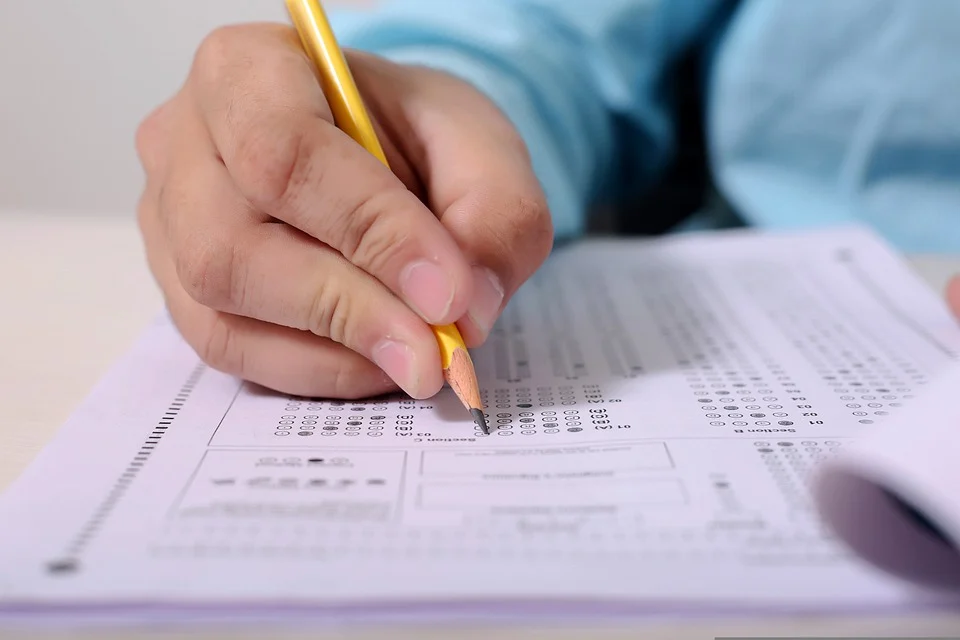The Series 7 licensure exam is a test that is designed to measure an individual’s knowledge and skills in regards to the securities industry. The test covers a wide range of topics, including investment products, regulations, and ethics. Passing the Series 7 exam is required in order to work in most securities-related positions.
But how difficult is the Series 7 exam? If you want to know more about this then we advise you to continue reading as we’ll get into the details of this topic in today’s article.
How Hard Can It Be?
The Series 7 exam is notoriously challenging, and most people who take it don’t pass on their first try. The average pass rate for the exam is just over 50%. That means that for every two people who take the exam, only one will pass.
The Factors That Makes Series 7 A Difficult Type Of Test
There are a number of factors that contribute to the difficulty level of the Series 7 exam. First, it is a very long test. It consists of 250 multiple-choice questions, and test-takers are given six hours to complete it. That means that there is a lot of ground to cover, and not a lot of time to do so.
Second, the question format on the Series 7 exam can be tricky. Many of the questions are worded in a way that is designed to trip up test-takers. They may be asked to choose the best answer from a list of options that are all technically correct, but only one of which is the best answer.
Third, the topics covered on the Series 7 exam are very detailed and specific. There is a lot of information to know, and it can be difficult to remember everything. Finally, the Series 7 exam is timed. That means that test-takers need to be able to work quickly and accurately under pressure.
All of these factors combine to make the Series 7 exam one of the most challenging exams out there.
Which Is The Most Difficult Section Of The Series 7 Exam?
The most difficult section of the Series 7 exam is undoubtedly the securities analysis section. This part of the test requires a thorough understanding of financial statement analysis, security valuation, and investment risk assessment. It can be challenging for test-takers to remember all the relevant information in a precise manner.
If you are preparing to take the Series 7 exam, it is important to focus on mastering the securities analysis section. You should review financial statements and practice calculating various ratios. You should also be familiar with different types of investments and their risks. Practice makes perfect, so make sure to study as much as possible before taking the test.
How Many Hours Should You Allot For Studying In Preparation For The Series 7?
The Series 7 exam is no joke. It’s one of the toughest financial exams out there. If you’re studying for it, you’ll want to make sure you’re putting in the hours. How many hours you need to study depends on your background and how much you know going in. But we would recommend at least 50-100 hours of preparation. That should give you a good chance of passing.
The Series 7 exam covers a lot of material. You’ll need to know about different types of securities, how to underwrite them, and the rules and regulations governing their sale. There’s also a lot of math involved. You’ll need to be able to calculate things like P/E ratios and interest rates. If you’re not strong in math, you might want to consider hiring a tutor.
And if you want to better your chances at passing, be sure to check out online resources, particularly the Series 7 video course from Professional Exam Tutoring.
Don’t Succumb To The Pressure
When it comes to the Series 7 exam, there is a lot of pressure to perform well. This is especially true if you are looking to work in the securities industry. However, it is important not to let the pressure get to you. Here are a few tips to help you stay calm and focused during the exam:
- Make a study plan and stick to it. Don’t try to cram everything at the last minute. This will only lead to stress and anxiety.
- Get plenty of rest leading up to the exam. A tired mind is not capable of focusing on complex material.
- Eat healthy foods in the days leading up to the test. Junk food will only make you feel lousy and sluggish.
- Arrive at the testing center early so you have time to relax and get situated.
- Take some deep breaths and relax before starting the test. It’s natural to feel some nerves, but try not to let them overwhelm you.

